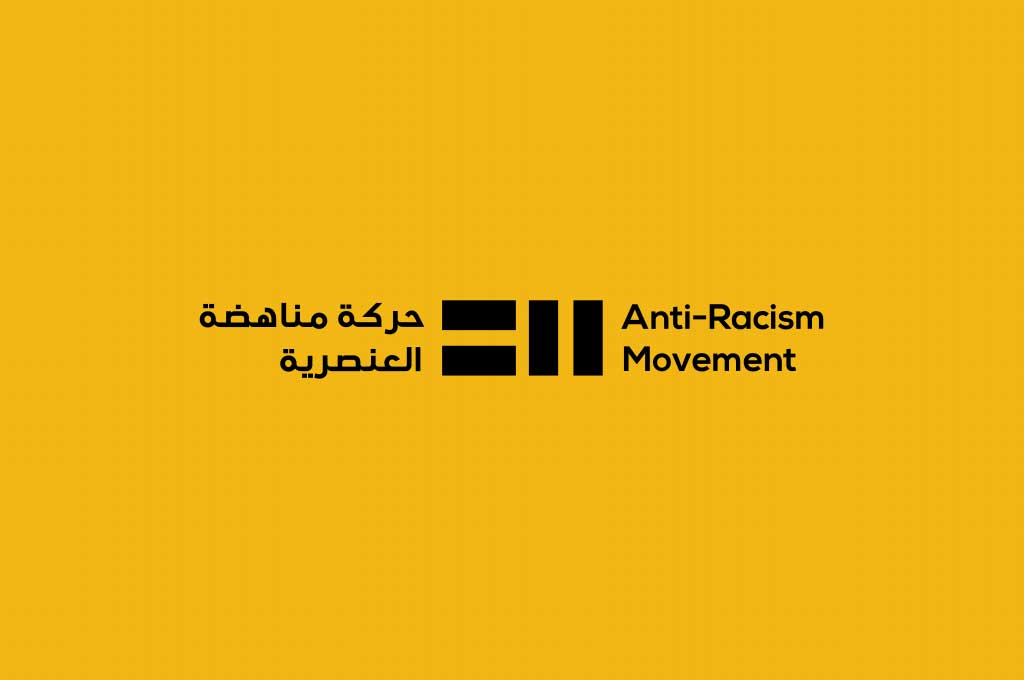A Child Protection Assessment: Migrant Workers and their children in Lebanon
17/12/2010
Terre des hommes and Insan Association published recently a child protection assessment report on migrant workers and their children in Lebanon.
The objectives of the assessment were to:
• Identify the most vulnerable and at risk population of migrant workers
• Establish what migrant children do in their free time
• Examine how current formal and informal structures, systems and actors are
working to protect children from the identified risks
• Identify what formal and informal systems are in place to protect children of migrant workers
• Examine how children of migrants protect themselves
Parents spoke of children regularly being exposed to discrimination and racism from the Lebanese society mainly due to their parents’ social status. In Lebanon, migrant domestic workers are considered servants and are looked upon as slaves rather than employees. This stereotype is then reflected on how the children are treated by other Lebanese children in the schools and in their neighborhoods.
“My kids came home very upset and said that they were being picked on in the school so I went to the school to speak with the director and she told me that she could do nothing because they have a lot of kids in the school.”
Amina, Sudanese migrant and mother
In turn, those children suffering form racially-motivated discrimination can become reclusive, accentuating their already marginalized status in Lebanese society.
“Our kids were constantly being beaten by Lebanese kids in the school so now they refuse to attend.”
Touna, Sudanese migrant worker and father
When the report is published online, we will share the link.
Related Posts
Have Any Questions?
To inquire about this statement and the context, email us or fill the form.
Join Our Newsletter
At the Anti-Racism Movement (ARM), we are constantly working on a multitude of different activities and initiatives. Most of our activities are only possible with the help of dedicated and passionate volunteers who work in collaboration with our core team.
The Anti-Racism Movement (ARM) was launched in 2010 as a grassroots collective by young Lebanese feminist activists in collaboration with migrant workers and migrant domestic workers.
Quick Links
Useful Links
This work is licensed under a Creative Commons Attribution 4.0 International License.
Developed by CONCAT
